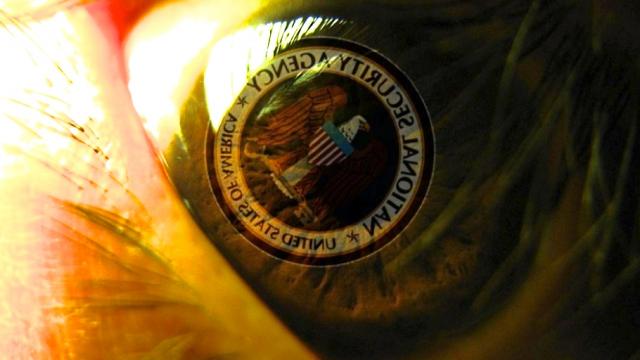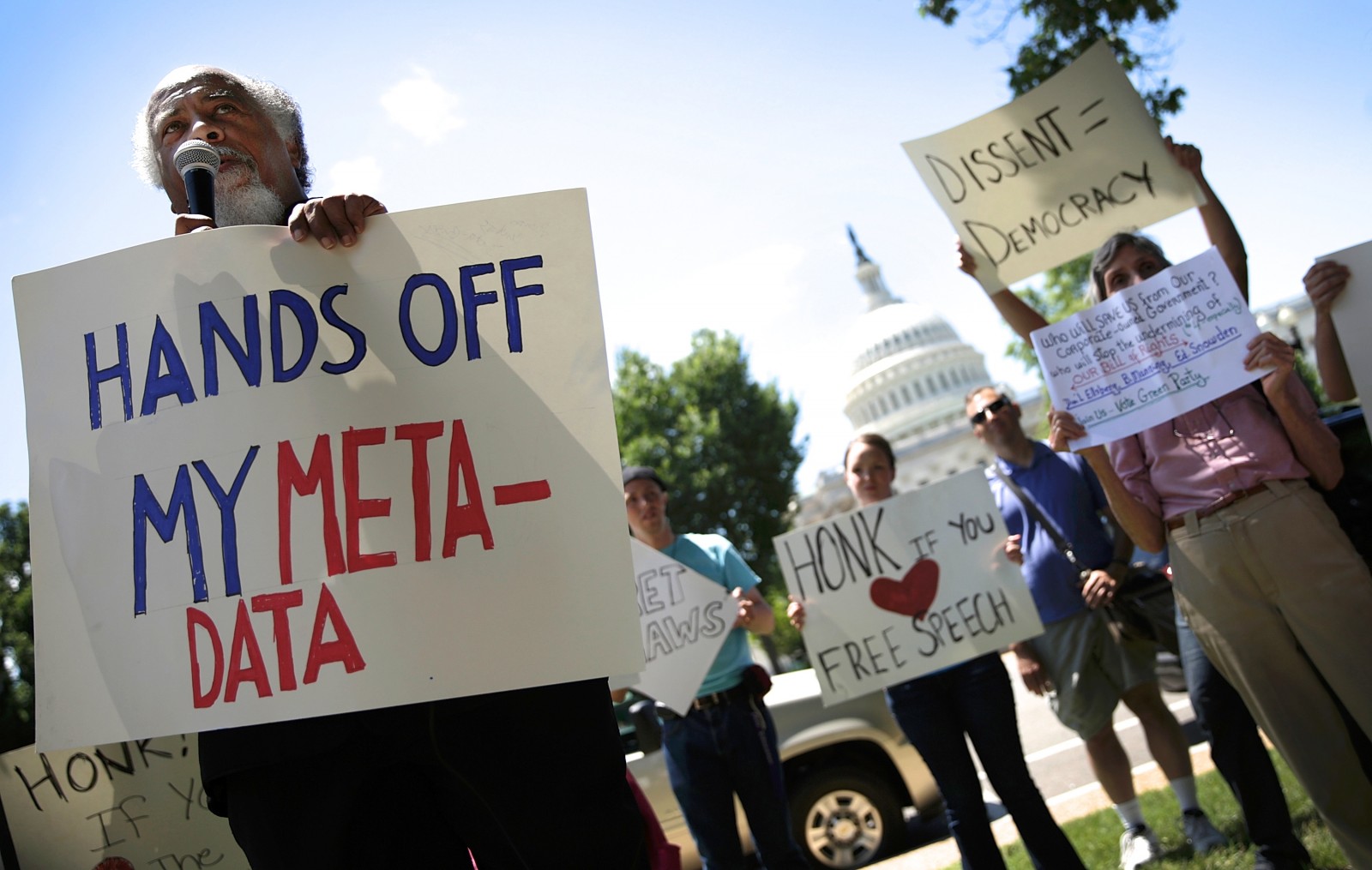
The Justice Department is withholding documents related to the bulk collection of Americans’ data from a transparency lawsuit launched by the American Civil Liberties Union.
U.S. attorney Preet Bharara of the southern district of New York informed the ACLU in a Friday letter that the government would not turn over “certain other” records from a secret surveillance court, which are being “withheld in full” from a Freedom of Information Act suit the civil liberties group filed to shed light on bulk surveillance activities performed under the Patriot Act.
The decision to keep some of the records secret, in the thick of Edward Snowden’s revelations, has raised suspicions within the ACLU that the government continues to hide bulk surveillance activities from the public, despite U.S. president Barack Obama’s Friday concession that controversial National Security Agency programs have “never been subject to vigorous public debate.”
The ACLU lawsuit, like others filed by civil liberties groups, has resulted in a trove of documents from the so-called Fisa court detailing the scope, authorizations and, in some cases, violations surrounding NSA surveillance ostensibly occurring under Section 215 of the Patriot Act. The director of national intelligence now posts the released documents to a Tumblr page, usually without revealing that the disclosures were spurred by lawsuits.
The latest such disclosure happened Friday with the release of 24 documents, mostly detailing Fisa court reauthorizations of the bulk phone records collection first reported by the Guardian thanks to leaks from whistleblower Snowden.
Among the information disclosed in the documents, which date back to 2006 – the first year in which the program received authorization from the Fisa court at all – is the footnoted stipulation that the court “understands that NSA expects it will continue to provide, on average, approximately 3 telephone numbers per day to the FBI”.
If true – the footnote only appears in pre-2009 court reauthorizations – the estimate suggests the NSA has given the FBI approximately 13,203 phone numbers based on the 12-year-old domestic bulk phone data program.
In his letter, written on the day Obama gave a long-awaited speech on surveillance that pledged additional transparency, Bhahara said that Friday’s release will be the last disclosure under the terms of the ACLU’s lawsuit.
“As discussed by telephone this morning, the government in fact has processed all of the remaining FISC Orders responsive to the FOIA request in this case that relate to bulk collection, regardless of whether the order contains any additions and/or adjustments to the implementation procedures, minimization procedures, and/or reporting requirements set out in other FISC orders,” the U.S. attorney wrote.
“The government cannot specify the total number of documents withheld in full from this final set of responsive documents because the number itself is classified."
Alexander Abdo, an ACLU attorney, noted that the government’s bulk surveillance disclosures have yet to include, among other efforts, a reported CIA program to collect international money transfers in bulk, revealed in November by the Wall Street Journal and the New York Times.
“It appears that the government is concealing the existence of other bulk collection programs under the Patriot Act, such as the CIA’s reported collection of our financial records,” Abdo said.
“In other words, on the same day that President Obama recognized the need for a vigorous debate about bulk collection, the government appears to be hiding the ball. We can't have the public debate that President Obama wants without the facts that his agencies are hiding.”
Abdo said that the scope of the ACLU’s disclosure lawsuit only concerned surveillance efforts under Section 215 of the Patriot Act and that surveillance authorizations containing individualized suspicion were already excluded.
The NSA conducts other bulk data collection under the Foreign Intelligence Surveillance Act of 1978, an update to that law in 2008, and under a three-decade-old executive order known as 12333, all of which are outside the terms of the ACLU’s lawsuit.
Bharara's office routed a request for comment back through the Justice Department, which has yet to respond.
3 WAYS TO SHOW YOUR SUPPORT
- Log in to post comments












